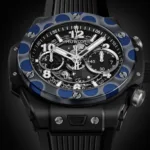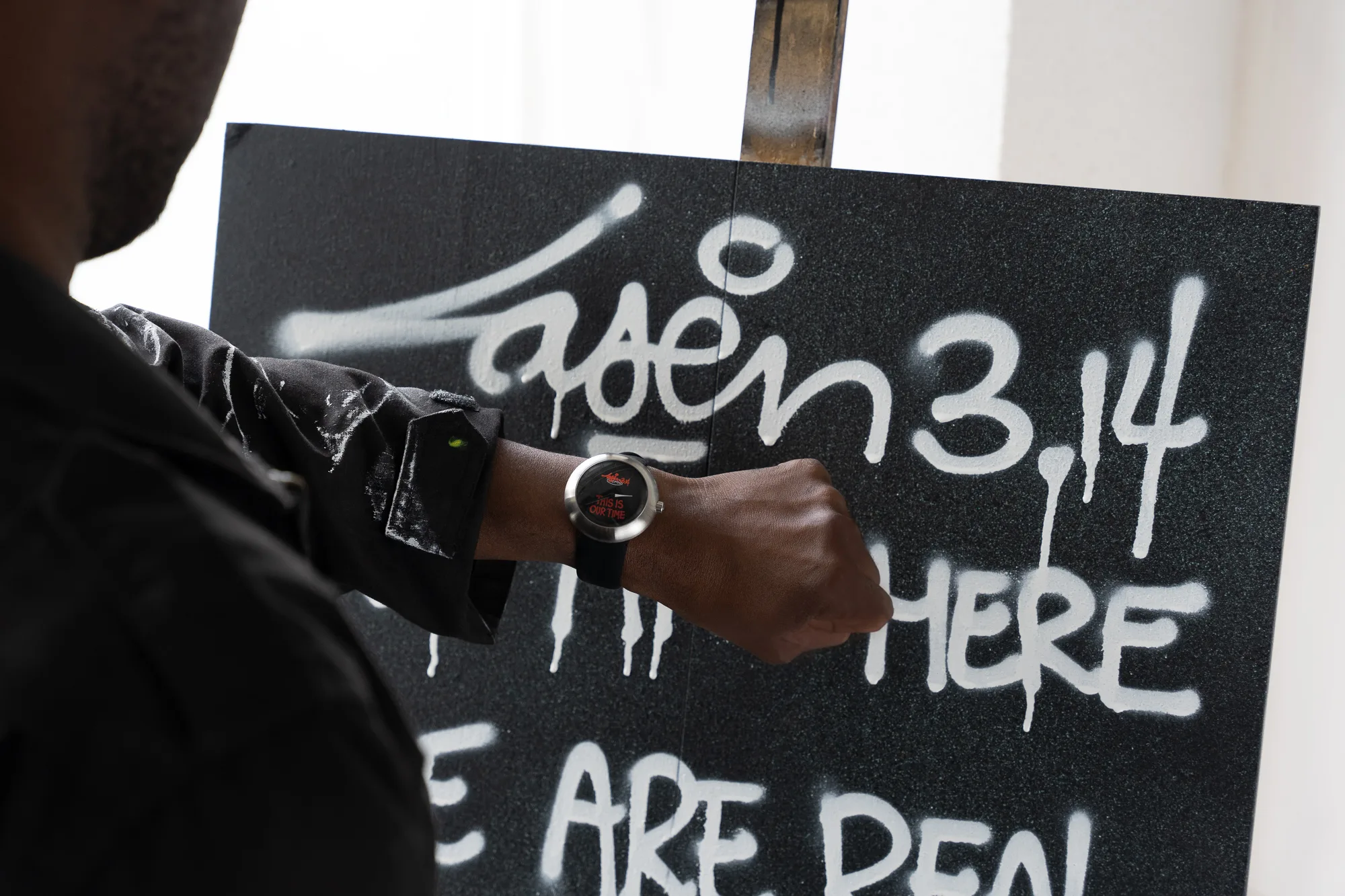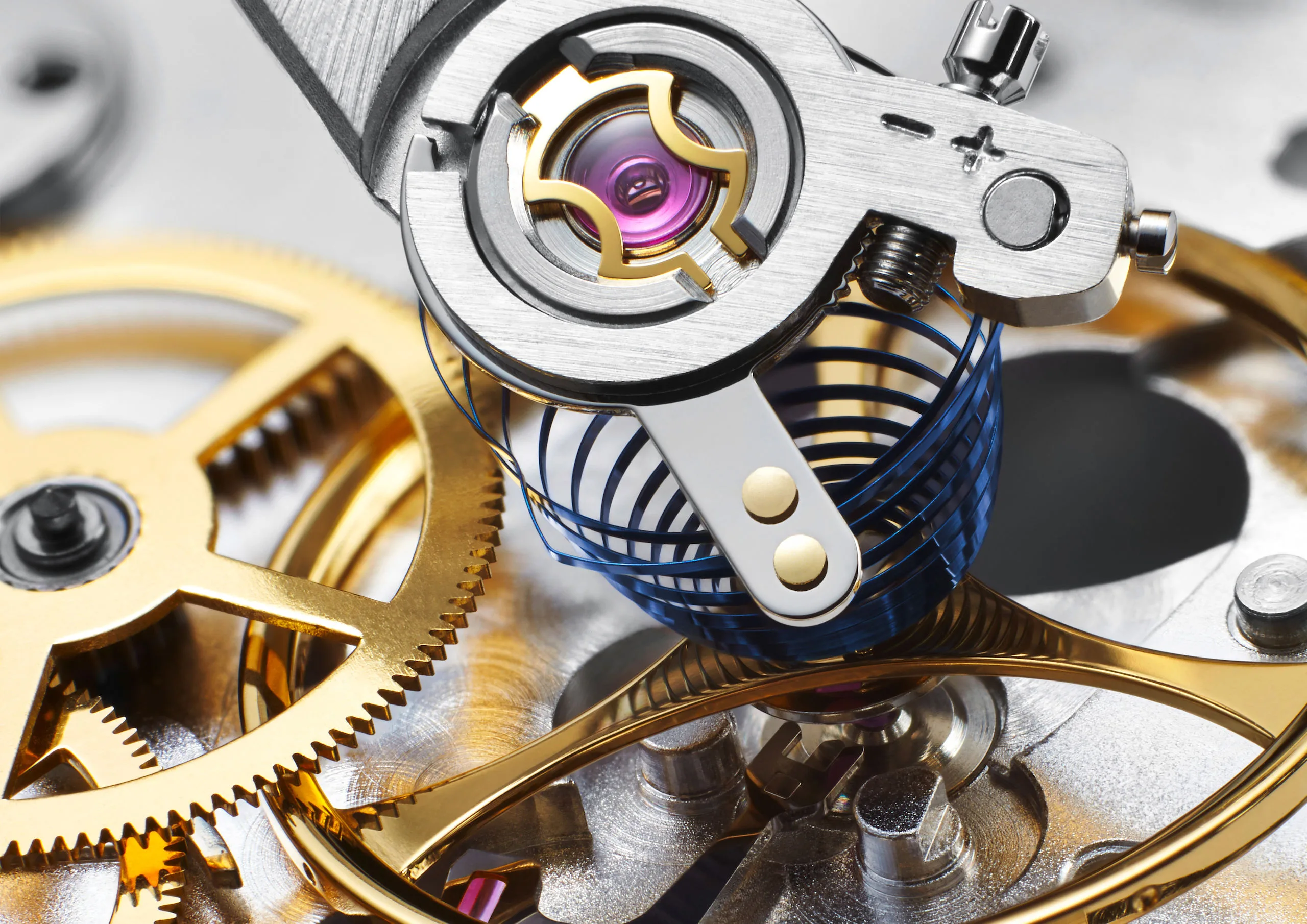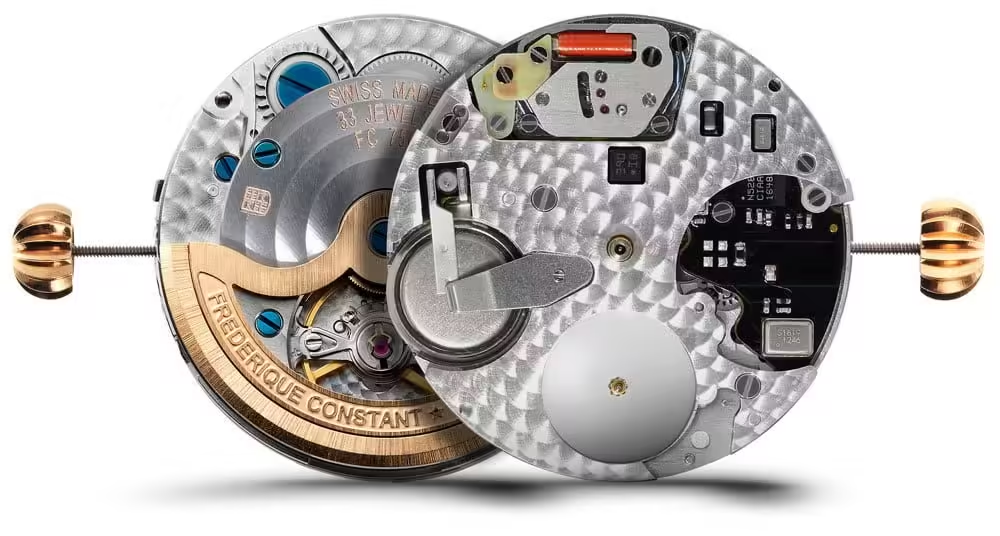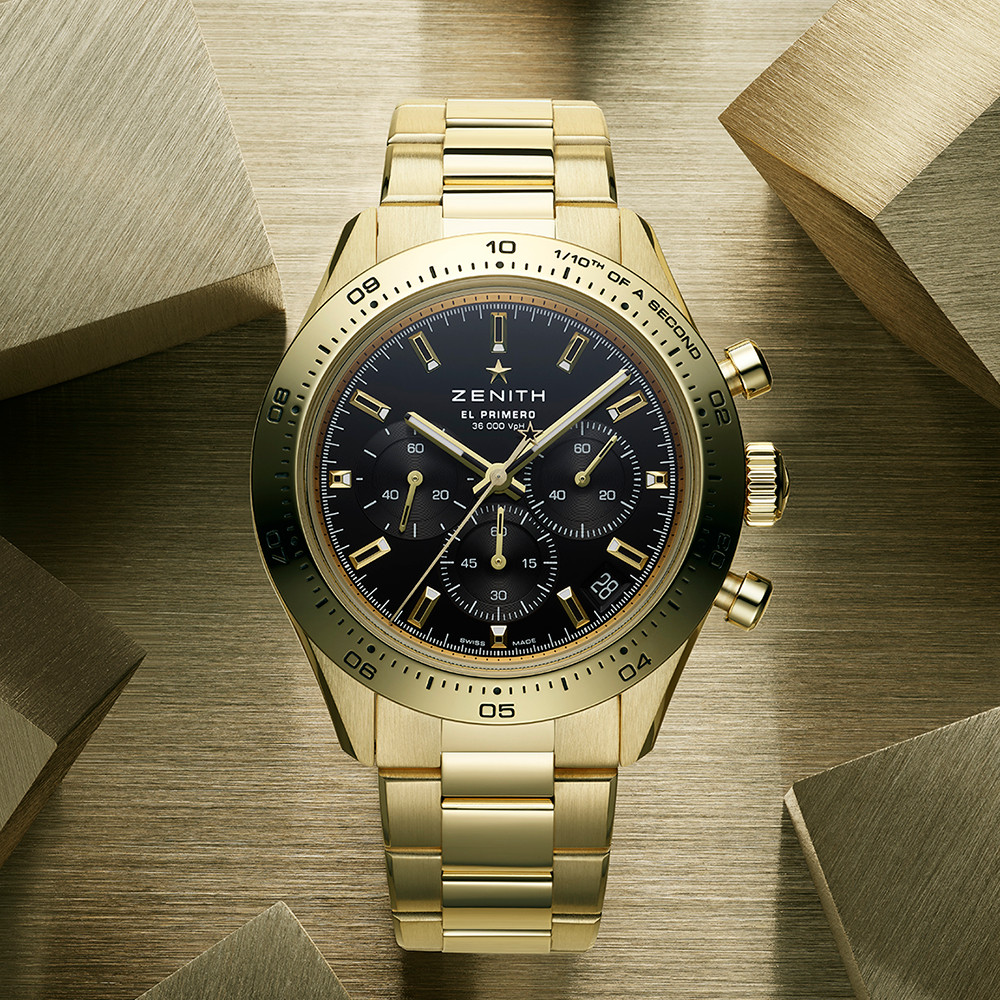The Intersection of Japanese Philosophy and the Art of Watchmaking: How Monozukuri, Kaizen, Wabi-Sabi, and Other Cultural Concepts Shape Japan’s Wristwatch Industry
Japan’s watchmaking industry represents a unique blend of tradition, innovation, and artistic craftsmanship. At its core, Japanese watchmaking is influenced by age-old cultural philosophies that guide every aspect of the craft. Concepts like Monozukuri (the spirit of making things), Kaizen (continuous improvement), Wabi-Sabi (the beauty of imperfection), Shokunin (the craftsman’s spirit), Mottainai (respecting resources), and Iki (the aesthetic of subtle elegance) are deeply ingrained in how Japanese watchmakers approach their work. For watch enthusiasts, understanding these philosophies reveals the essence of Japanese watches—where each timepiece is a reflection of meticulous craftsmanship, relentless innovation, and a unique aesthetic that harmonizes simplicity with subtle elegance.
Monozukuri: The Art and Spirit of Craftsmanship
Monozukuri is often translated as “the art of making things,” but it goes beyond mere production. It represents a holistic approach to craftsmanship that values the process as much as the final product. In Japanese watchmaking, Monozukuri is about infusing each timepiece with a spirit of excellence, precision, and human touch.
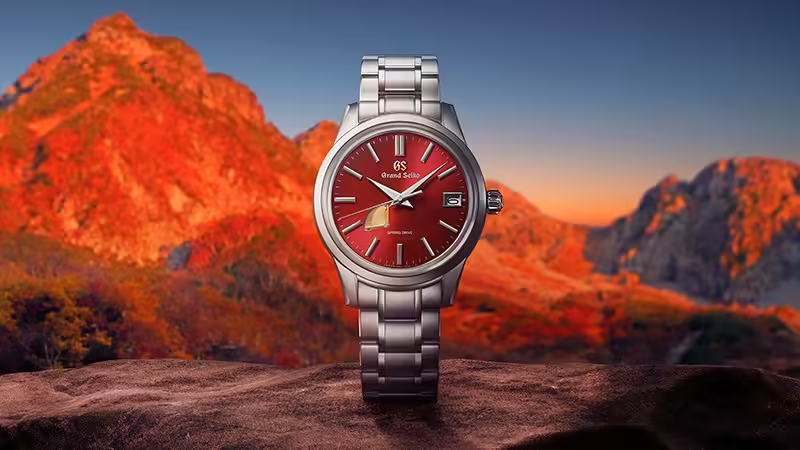
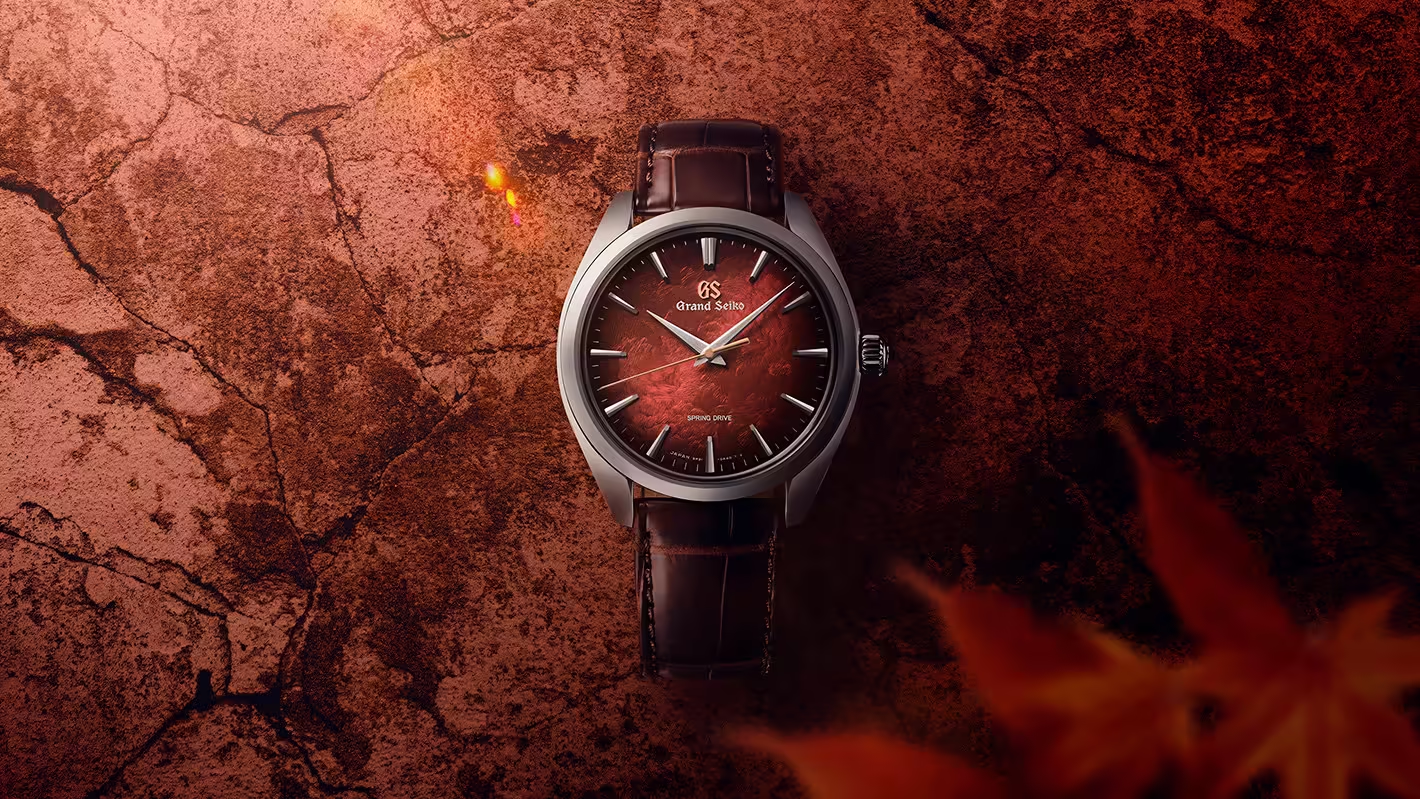
For brands like Seiko and Grand Seiko, Monozukuri is a guiding principle. Seiko’s journey from producing its first pocket watch in 1895 to becoming a global horological leader is a testament to this philosophy. Every Seiko watch reflects painstaking attention to detail—from the meticulous polishing of components to the intricate assembly of movements. The Zaratsu polishing technique used in Grand Seiko watches, for example, creates a distortion-free mirror finish, showcasing the brand’s commitment to perfection.
Monozukuri also embodies a deep respect for materials and tools. Japanese watchmakers often view their tools as extensions of themselves, maintaining them with the same care as they do their watches. This approach ensures that every watch leaving a Japanese workshop is not just a timepiece but a work of art, carrying the essence of the maker’s dedication and passion.
Shokunin: The Craftsman’s Spirit
Closely related to Monozukuri is Shokunin, the spirit of the dedicated craftsman. In Japanese watchmaking, Shokunin represents the ethical commitment and discipline that master watchmakers bring to their craft. This spirit is particularly evident in high-end brands like Grand Seiko, where watchmakers devote years to mastering traditional techniques. The Shokunin spirit guarantees that each timepiece is a flawless embodiment of Japanese craftsmanship, not just a functional object, but a testament to the maker’s dedication and pursuit of excellence.
Kaizen: The Relentless Pursuit of Improvement
Kaizen, meaning “change for the better” or “continuous improvement,” is a principle that permeates Japanese culture, especially in manufacturing and production. This philosophy encourages an ongoing, incremental process of improvement that is never truly complete. In Japanese watchmaking, Kaizen drives innovation and the pursuit of ever-greater precision, reliability, and functionality.
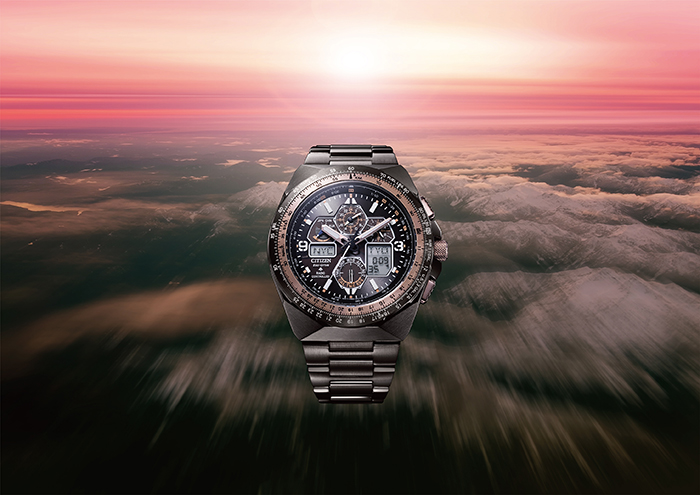
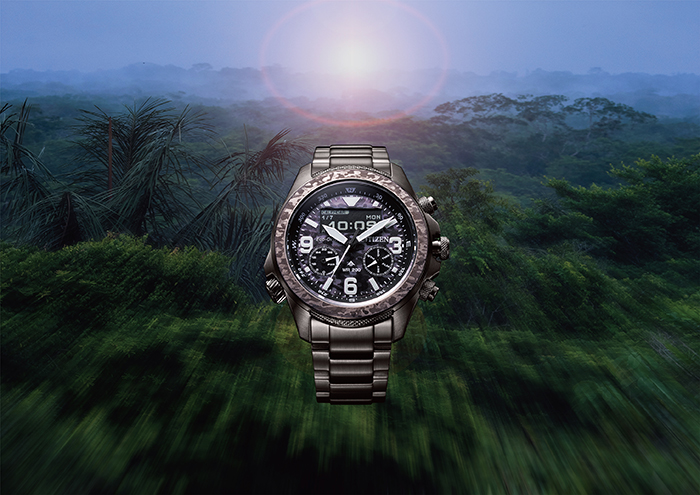
Citizen exemplifies the Kaizen philosophy. The development of Citizen’s Eco-Drive technology, which allows watches to be powered by any light source, eliminating the need for battery replacements, is a direct outcome of Kaizen. This innovation not only meets practical needs but also demonstrates Citizen’s commitment to sustainability.
Moreover, Kaizen influences the entire production process, from design to manufacturing. Japanese watchmakers continually refine their techniques, materials, and technologies, ensuring that Japanese watches are not only technologically advanced but also capable of standing the test of time, both in durability and timeless design.
Mottainai: Respecting Resources
The philosophy of Mottainai, which emphasizes avoiding waste and respecting resources, is deeply ingrained in Japanese culture. In the watchmaking industry, this concept is reflected in the efficient use of materials and the development of sustainable technologies. For instance, Citizen‘s Eco-Drive technology not only exemplifies Kaizen but also aligns with Mottainai by reducing the environmental impact of watch production. By focusing on long-lasting materials and energy-efficient designs, Japanese watchmakers create timepieces that embody both durability and environmental responsibility.
Wabi-Sabi: The Aesthetic of Imperfection
Wabi-Sabi is a uniquely Japanese aesthetic that finds beauty in imperfection, transience, and simplicity. This philosophy celebrates the understated and the unpretentious, emphasizing the beauty of the natural world and the impermanence of all things. In watchmaking, Wabi-Sabi manifests in designs that are minimalist, elegant, and subtly sophisticated.
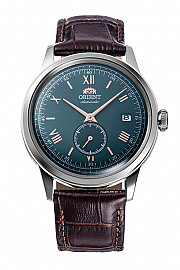
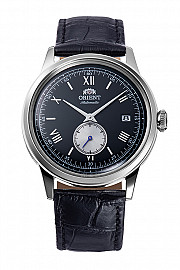
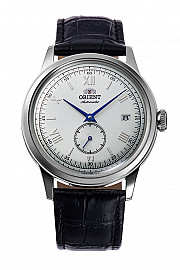
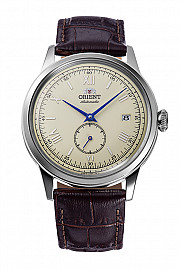
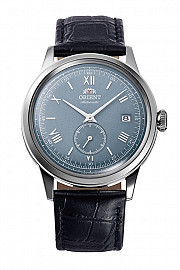
For brands like Orient and Seiko, Wabi-Sabi is reflected in the design language of their timepieces. These watches often eschew ostentatious designs in favor of a more restrained and elegant approach. The dial of an Orient Bambino, for example, is often a study in simplicity—clean lines, classic markers, and a minimalist aesthetic that draws attention not through extravagance but through quiet beauty.
Wabi-Sabi also influences the choice of materials. In some Japanese watches, materials that age gracefully and develop a patina over time are favored, such as leather straps or bronze cases. This acceptance of aging and change is a core aspect of Wabi-Sabi, reminding the wearer that beauty is not static but evolves over time.
Iki: The Aesthetic of Subtle Elegance
Iki represents a refined aesthetic that values subtlety, sophistication, and effortless style. In Japanese watchmaking, Iki is expressed through the design of timepieces that are understated yet exude a quiet confidence. This aesthetic is particularly evident in the minimalist design elements of Seiko and Orient watches, where the focus is on clean lines and balanced proportions rather than excessive decoration. Iki appeals to those who appreciate a refined, less ostentatious approach to luxury.
Japanese Appreciation for Swiss and German Watches
While Japanese watchmakers are renowned for their contributions to horology, there is a deep respect in Japan for Swiss and German watchmaking traditions. Japanese collectors often admire the craftsmanship, precision, and history embedded in European watch brands, recognizing them as the pioneers of modern watchmaking.
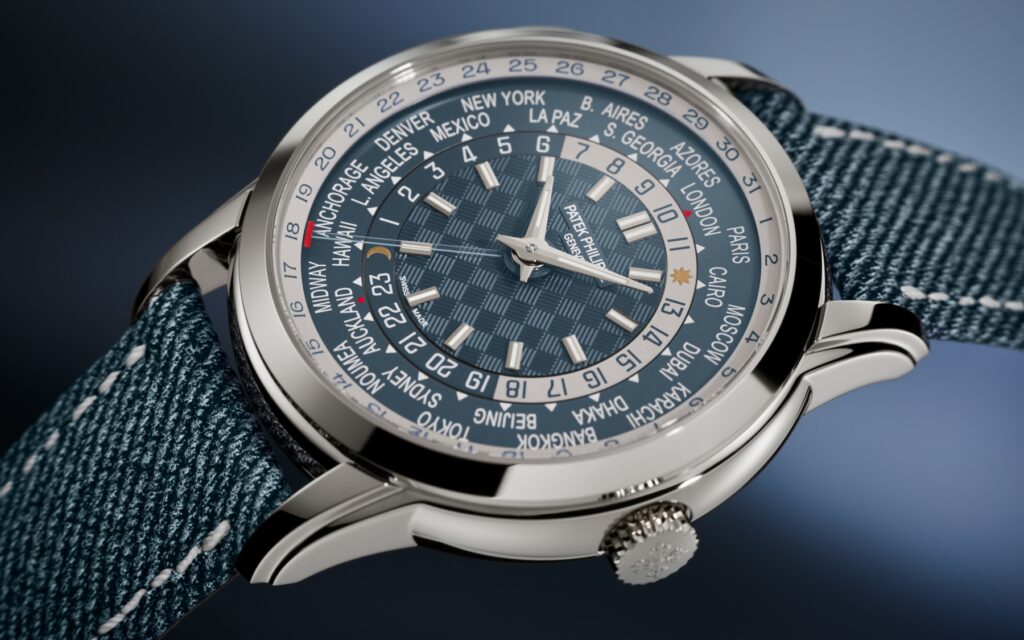
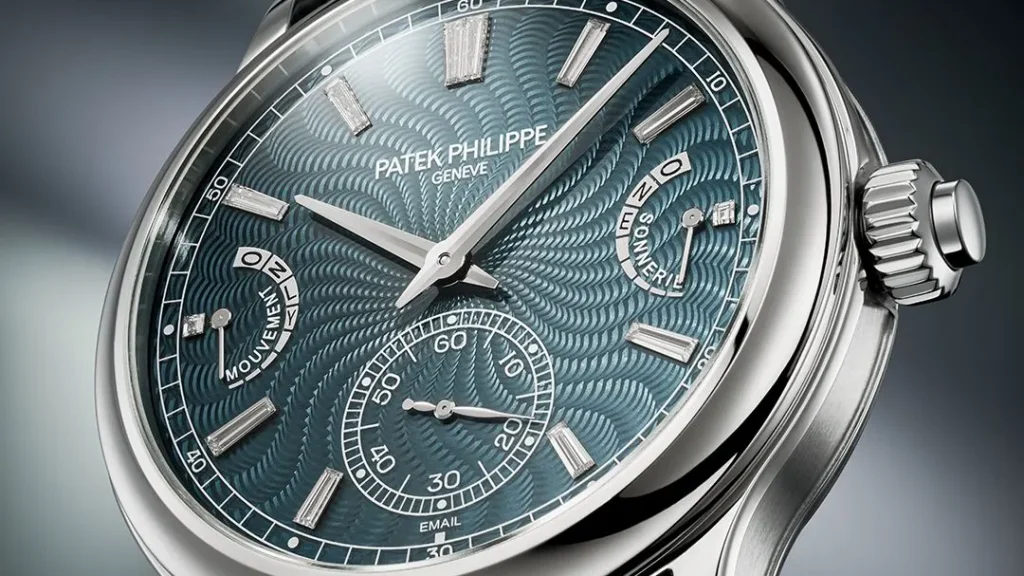
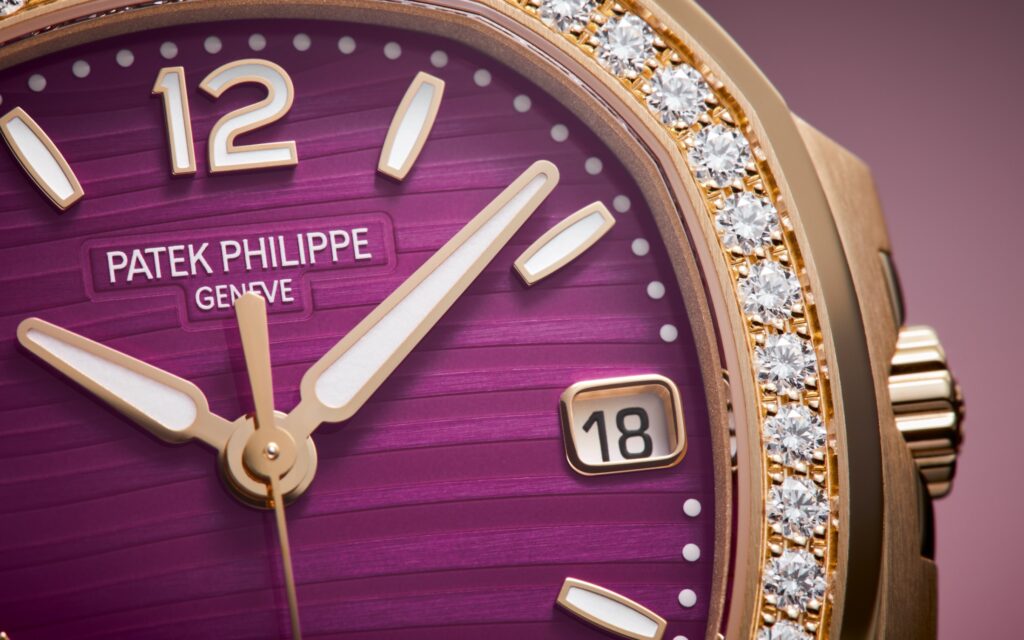
Swiss brands like Rolex, Patek Philippe, and Omega, and German brands like A. Lange & Söhne, are highly regarded in Japan. This appreciation stems from a shared understanding of the values that underpin high-quality watchmaking: meticulous craftsmanship, innovation, and a respect for tradition. Many Japanese collectors build collections that include both Japanese and European watches, seeing them as complementary rather than competitive.
This reverence for Swiss and German watches is also reflected in how Japanese brands position themselves. For instance, Grand Seiko often draws comparisons with Swiss luxury brands, offering a Japanese alternative that emphasizes similar levels of craftsmanship and precision, but with a distinct cultural twist aligned with Monozukuri, Kaizen, and Wabi-Sabi.
The Love for Vintage Watches in Japan
Japan has a thriving community of vintage watch collectors who value timepieces not only for their functionality but also for their historical significance and the stories they carry. The appreciation for vintage watches is closely linked to the Wabi-Sabi aesthetic, which celebrates the passage of time and the beauty that comes with age.
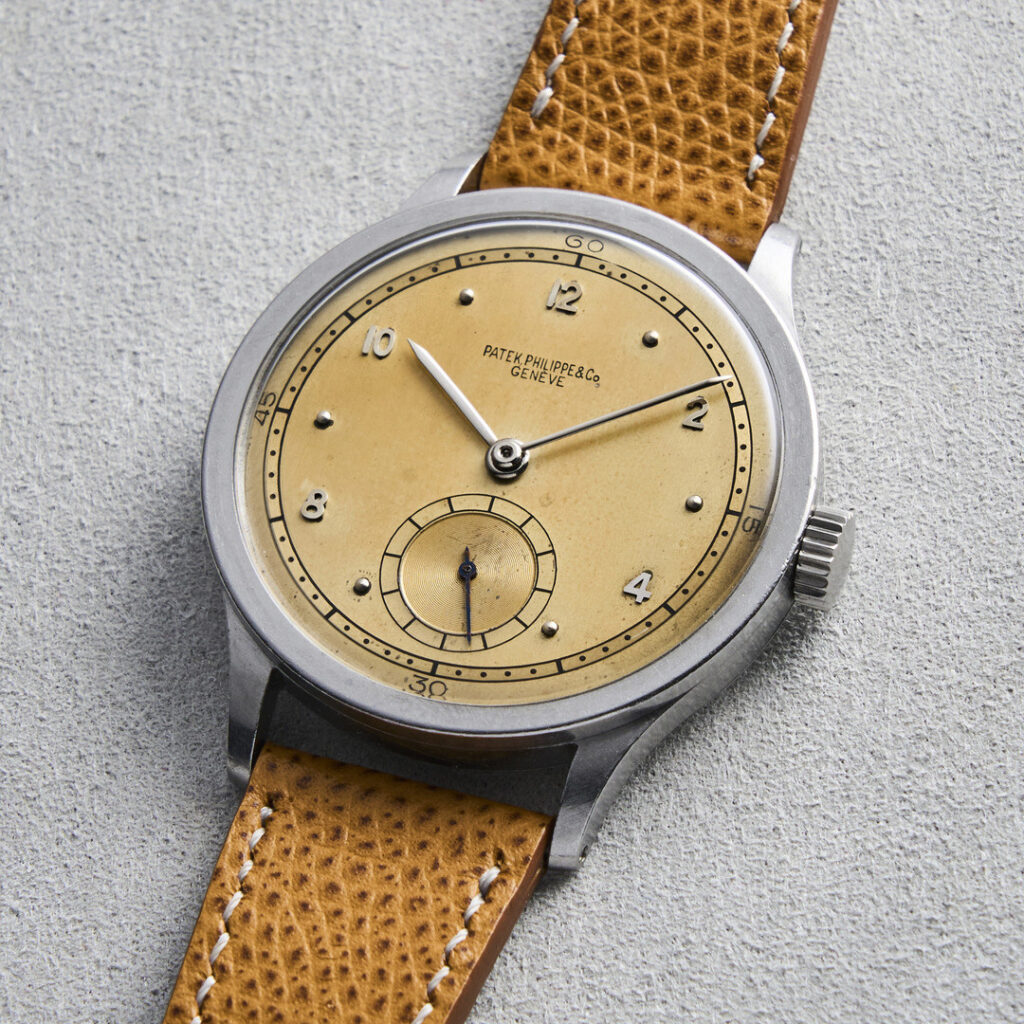
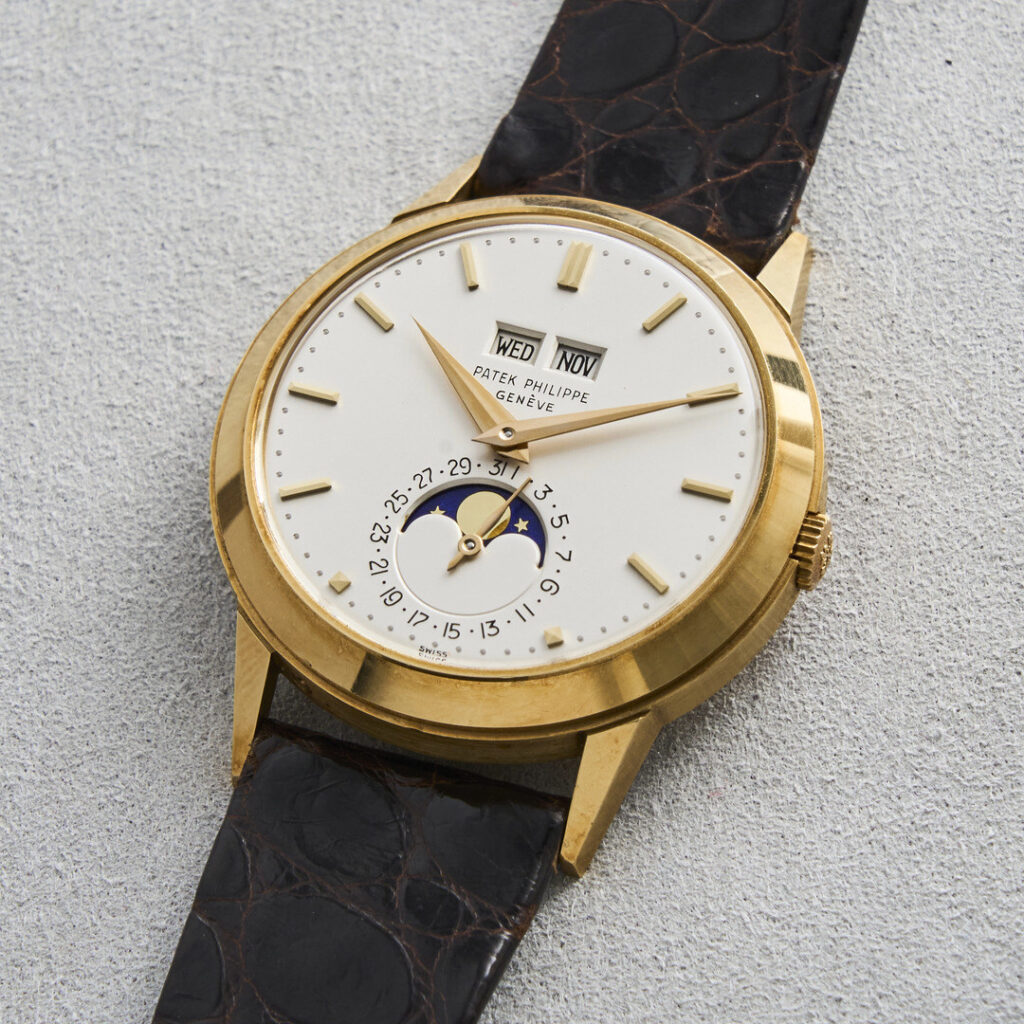
Vintage Seiko models from the 1960s and 1970s are highly sought after in Japan. These watches are prized for their historical importance, unique designs, and craftsmanship that has allowed them to endure over decades. Japanese collectors often value the patina that develops on a watch’s case, dial, or hands, seeing it as a testament to the watch’s journey through time.
Beyond domestic brands, there is also a strong market for vintage Swiss and German watches in Japan. The Japanese appreciation for the timeless elegance and mechanical ingenuity of vintage European watches underscores a broader cultural respect for objects that have stood the test of time.
The Impact on the Global Wristwatch Market
The integration of Monozukuri, Kaizen, Wabi-Sabi, Shokunin, Mottainai, and Iki into Japanese watchmaking has positioned Japanese brands as leaders in the global wristwatch market. Japanese watches are synonymous with reliability, precision, and timeless design—qualities that resonate deeply with both casual buyers and seasoned collectors.
In the competitive world of luxury watches, Japanese brands like Grand Seiko have carved out a niche by offering timepieces that rival Swiss luxury brands in terms of craftsmanship and precision, often at a more accessible price point. The attention to detail, driven by Monozukuri, ensures that every Grand Seiko watch is a masterpiece of engineering and design.
Meanwhile, mid-range brands like Citizen and Seiko offer exceptional value through their commitment to Kaizen. This relentless refinement ensures that even more affordable models offer features and precision that exceed expectations. This has made Japanese watches popular among those who seek quality and innovation without necessarily investing in high-end luxury.
Wabi-Sabi, with its focus on simplicity and the beauty of imperfection, appeals to a growing market segment that values minimalism and the intrinsic character of objects. In an era of disposable products, Japanese watches stand out for their enduring appeal and subtle expression of the passage of time.
Conclusion
The influence of Monozukuri, Kaizen, Wabi-Sabi, Shokunin, Mottainai, and Iki on Japanese watchmaking is profound and far-reaching. These principles not only define the approach to crafting each watch but also shape the identity of Japanese watch brands on the global stage. For wristwatch enthusiasts, understanding these cultural concepts provides a deeper appreciation for the artistry and innovation that go into every Japanese timepiece.
Japanese watches are more than just instruments for telling time—they are embodiments of a rich cultural heritage that values precision, continuous improvement, and the quiet beauty of imperfection. Whether you are drawn to the meticulous craftsmanship of a Grand Seiko, the innovative spirit of a Citizen, or the understated elegance of an Orient, you are not just buying a watch; you are embracing a philosophy that has shaped some of the finest timepieces in the world.
